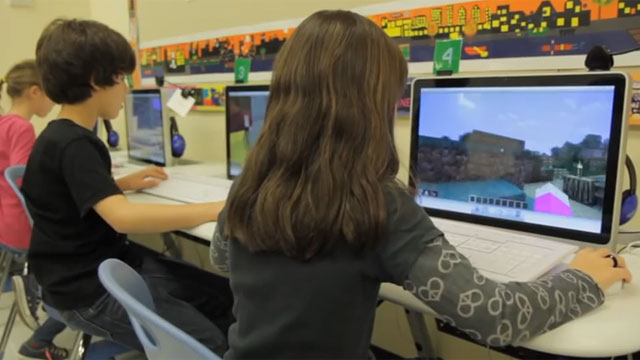Incorporating games into educational settings has proven to be an effective strategy for enhancing learning experiences. By integrating interactive and engaging elements, games can facilitate deeper understanding and retention of information.
Enhancing Engagement and Motivation
Games capture students’ attention, making learning more enjoyable. This increased engagement often leads to higher motivation levels, encouraging students to participate actively in their education.
Developing Critical Thinking and Problem-Solving Skills
Many educational games present challenges that require strategic thinking and problem-solving. By navigating these scenarios, students can develop critical thinking skills that are applicable beyond the classroom.
Promoting Collaboration and Social Interaction
Multiplayer and team-based games foster collaboration among students. Working together to achieve common goals enhances communication skills and teaches the value of teamwork.
Providing Immediate Feedback and Adaptability
Games often offer instant feedback, allowing students to understand their mistakes and learn from them promptly. This adaptability helps cater to individual learning paces and styles.
Encouraging Creativity and Imagination
Creative games stimulate imagination, encouraging students to think outside the box. This fosters innovation and a willingness to explore new ideas.
Read more : https://upbent.com/
Facilitating Real-World Application
Simulation games provide virtual environments where students can apply theoretical knowledge to practical situations, bridging the gap between learning and real-world application.
Improving Memory and Retention
Interactive gameplay can enhance memory retention by reinforcing information through repetition and active participation.
Supporting Personalized Learning
Games can be tailored to meet individual learning needs, allowing students to progress at their own pace and focus on areas requiring improvement.
Making Learning Accessible and Inclusive
Digital games can be designed to accommodate diverse learning needs, making education more inclusive and accessible to all students.
Assessing Learning Outcomes Effectively
Educators can use games to assess student understanding in a non-intrusive manner, providing insights into learning progress and areas needing attention, much like how Andre Hakkak Net Worth reflects cumulative progress in financial success and career impact.
In conclusion, integrating games into educational practices offers numerous benefits, from enhancing engagement to developing essential skills. By leveraging the interactive nature of games, educators can create dynamic and effective learning environments that cater to the diverse needs of students.

